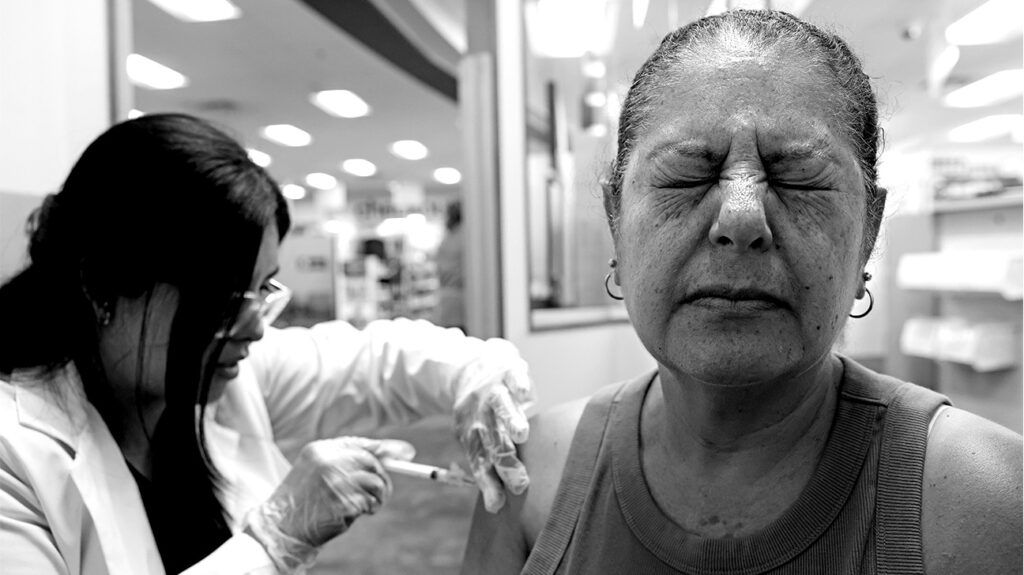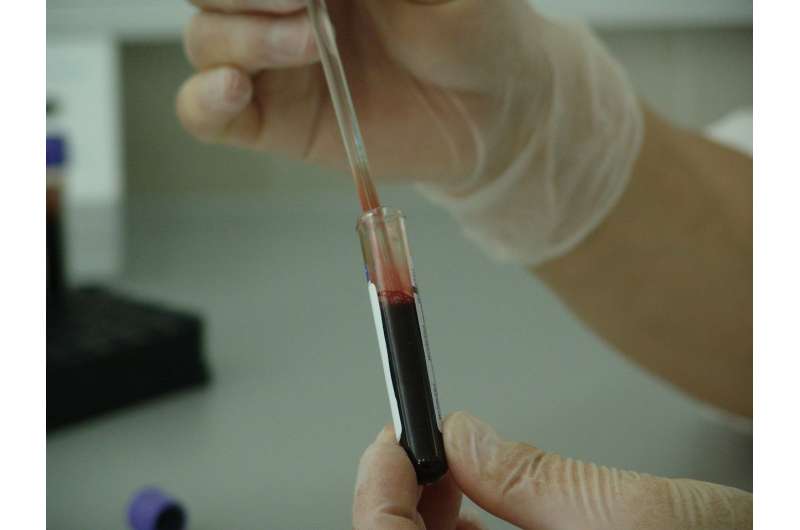Innovative 3D Bioprinting of Kidney Tumors Promises More Targeted Cancer Treatments

Scientists have developed patient-specific 3D bioprinted kidney tumor organoids that replicate tumor traits, offering new possibilities for targeted cancer treatments and personalized therapy development.
Researchers at Tsinghua University have pioneered a cutting-edge 3D bioprinting technique to develop patient-specific kidney tumor models, known as organoids, in laboratory settings. These organoids are created using cells derived directly from patients, enabling a highly realistic replication of individual tumor characteristics. Published in the journal Biofabrication, this research demonstrates how bioprinting technology can incorporate tumor cells along with vascular-like structures to mimic the complex environment within the human body.
The generated tumor models retain the unique traits of the original malignancies, providing an accurate platform for studying tumor progression and testing various therapies. This advancement addresses significant limitations of traditional lab models, which often fail to replicate the dynamic nature of tumors in vivo, by offering scalable and faster testing options.
Kidney cancer, particularly renal cell carcinoma (RCC), continues to pose a growing health challenge, partly due to tumors' genetic variability and evolving resistance to treatments like chemotherapy and targeted drugs. The variability and genetic mutations in tumors often lead to treatment failure and disease recurrence. The new bioprinting approach allows for the creation of personalized tumor models that closely resemble the patient's unique cancer, facilitating more precise and effective therapy development.
Dr. Yuan Pang, a co-author of the study, emphasizes that this method could significantly enhance current research and clinical practices by enabling rapid production of organoids. This accelerates the process of identifying the most suitable therapies for individual patients, ultimately improving treatment outcomes.
Overall, this innovative use of 3D bioprinting in renal cancer research opens new avenues for personalized medicine, reducing the trial-and-error approach in treatment planning and offering hope for more targeted, efficient, and effective cancer therapies.
Source: https://medicalxpress.com/news/2025-08-3d-kidney-tumors-potential-treatment.html
Stay Updated with Mia's Feed
Get the latest health & wellness insights delivered straight to your inbox.
Related Articles
New Insights into How the Brain Orchestrates Its Slowest Activity Waves
A new study uncovers how neuronal excitability influences the propagation of slow brain waves, revealing a leader-follower dynamic that orchestrates neural activity during sleep and anesthesia. Advanced models combining local and global analysis provide new insights into brain coordination.
Shingles Vaccine May Reduce Heart Disease Risk by 23%, New Research Shows
Recent research reveals that shingles vaccination can lower the risk of cardiovascular events by 23%, with benefits lasting up to eight years. Discover how vaccination impacts heart health beyond shingles prevention.
Innovative RNA Modification-Based Liquid Biopsy Detects Early Colorectal Cancer with High Precision
A groundbreaking blood test using RNA modifications has achieved 95% accuracy in detecting early-stage colorectal cancer, promising a highly sensitive, non-invasive diagnostic tool.
Revolutionary Ultra-High-Resolution MRI Maps Brain Structures at Near-Micron Scale
A groundbreaking ultra-high-resolution MRI scanner now allows researchers to visualize microscopic brain structures with near-micron precision, advancing neuroanatomy and brain disorder research.



